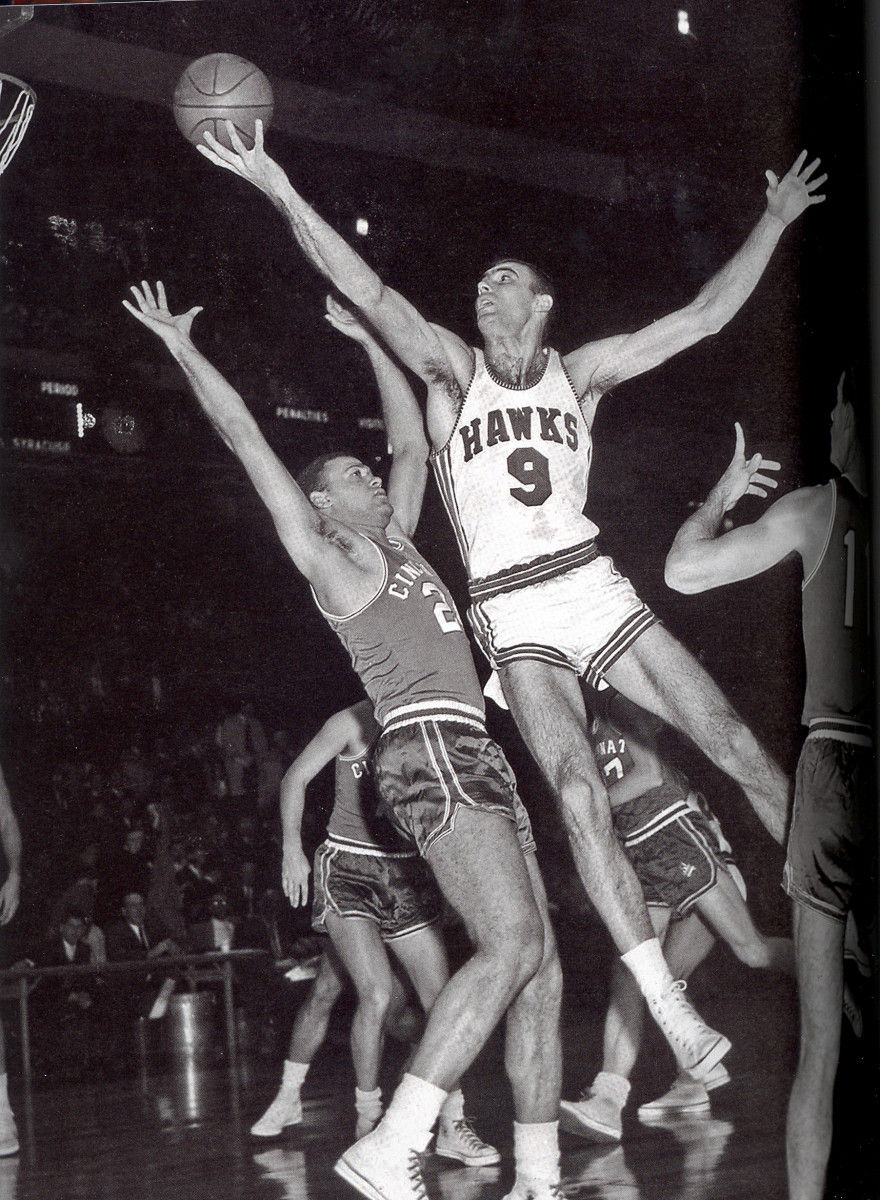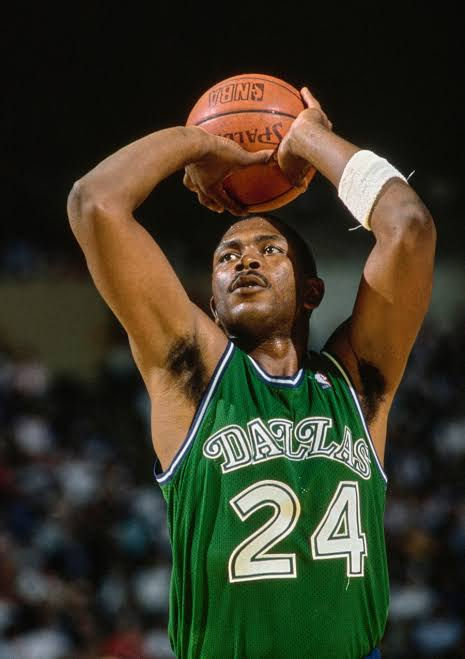The Last Dance Delivered, But Somehow Left You Wanting More
- Jake C
- May 18, 2020
- 4 min read
Updated: Apr 4, 2024
The Last Dance, the highly anticipated, 10-part documentary series concluded last night, providing NBA fans with a refresher - if they needed it - on the greatness of Michael Jordan, and new fans with their first in-depth look at perhaps the greatest athlete in the history of sports.
Episodes 9 and 10 detailed the Bulls' fifth championship in 1997, as well as that final one, the reason for the series' name, in 1998. In between, we got emotional looks into Steve Kerr's father's death - his father being an American professor who was assassinated in Lebanon while Kerr was at the University of Arizona - and a look at Gus Lett, a retired Chicago police officer and one of Jordan's security guards, who succumbed to lung cancer in November of 2000. Lett had been a confidant and father figure to Jordan in the wake of Jordan's father's death in 1993.
The entire documentary was a run-back on one of the all-time greatest athletes, a more intimate profile that let us all into not just the man Michael Jordan was, but the team and the city that he gracefully represented for 14 years.
The 1997 and 1998 runs were particularly grueling, with a 64-win Utah Jazz team the opposition in 1997. Jordan of course hit the game-winning shot in Game 1, and played Game 5 with the flu, a tiredness and lethargy that was in fact brought on by spoiled pizza that he had eaten the night before. Suffering mightily, Jordan mustered every ounce of energy that he could, finishing the game with 38 points, 7 rebounds, 5 assists, and 3 steals in the one sports' all-time greatest and gutsiest performances.
In 1998, the Bulls faced the Jazz again, who were winners of 62 games that year, but before then, were tested by a tough and veteran-laden Indiana Pacers team - the toughest team the Bulls faced in the East outside of Detroit, according to Jordan. The Pacers brought the Bulls to the brink of elimination with a Game 7 in Chicago, but a fourth-quarter rally by the home team, 88-83, set the stage for a Jazz rematch.
After dropping Game 1 in Utah, the Bulls won three straight, before losing Game 5 on their home floor with a chance to close it out, as Karl Malone turned in a performance befitting of a future Hall of Famer - 39 points, 9 rebounds, and 5 assists on 17 of 27 shooting in a two-point win.
Then came Game 6, which produced one of the most inconic endings in sports history and one of the lasting memories of Jordan's career. Scottie Pippen had an ailing back that rendered him basically a decoy in the game, and Toni Kukoc wound up being the second leading scorer on the Bulls in the game with 15 points. Jordan put the team on his back, finishing with 45 points and four steals on 15 of 35 shooting, points 43 and 45 cementing his legacy. In the final minute, he drove the ball the length of the floor and laid it in to cut the Jazz lead to one at 86-85. Then, he got the theft on Malone, and hit the free-throw line jumper over Bryon Russell. John Stockton missed on a three-point attempt, and the game was over. The title capped Jordan's career as a Bull, which included six championships in an eight-year span (two three-peats from 1991-1993 and 1996-1998). The only other teams in history to win three straight championships were the Minneapolis Lakers from 1952-1954, the Boston Celtics (who won eight straight from 1959-1966) and the Los Angeles Lakers from 2000-2002.
While a lot of the documentary focused on Jordan, people cannot lose sight of the role that management played in the Bulls' run. Jerry Krause, who was General Manager of the Bulls from 1985 to 2004, was responsible for the team's roster composition, rosters that always featured capable role players and veterans to surround Jordan. The 1987 draft day trade for Pippen would end up being a career defining move for both Jordan and Pippen, and selecting Horace Grant that in that same draft provided the core for the first three-peat. Kukoc proved to be a great selection in 1990 (though he ultimately didn't land with the Bulls until 1993) and Dennis Rodman, acquired via trade in 1995, provided, like Grant did in 1987, the final piece to the core of the second three-peat.
The criticism for both Krause and owner Jerry Reinsdorf begins, though, when we see that Krause told Phil Jackson prior to the season that it didn't matter if the Bulls went 82-0 that season, that Jackson was going to be finished as Bulls' head coach. Reinsdorf also, it appeared, did not want to spend the money to bring the band back together for another shot at a title (what would be a seventh) in 1998-1999. Whether the Bulls would have won their seventh title we will never know, as health and age would have been concerns as they would have battled a San Antonio Spurs team that featured a young Tim Duncan. Rested, though, you could make a case that the Bulls would have won seven, especially with the motivation behind the situation.
And so that is where the documentary ends, with the great unknown being that "what if?", and with Jordan revealing his belief that if asked, all of the guys from that year would have come back, on one-year contracts, for a run at a seventh.
The Last Dance provided perhaps the best sports documentary there's been - a 10-part release of one of sports' great dynasties. Provided the younger fan with an education on Jordan and the Bulls was also vitally important.
Perhaps the only gripe is that it wasn't even more detailed. The trailer, for instance, makes it seems like the documentary focuses solely on that final 1997-1998 season, when in actuality it was a blend of Jordan, the Bulls dynasty, and that final season.
Still, it provided something for basketball fans to look forward to in the midst of the pandemic, and was a solid look at a tremendous athlete and team.









Comments